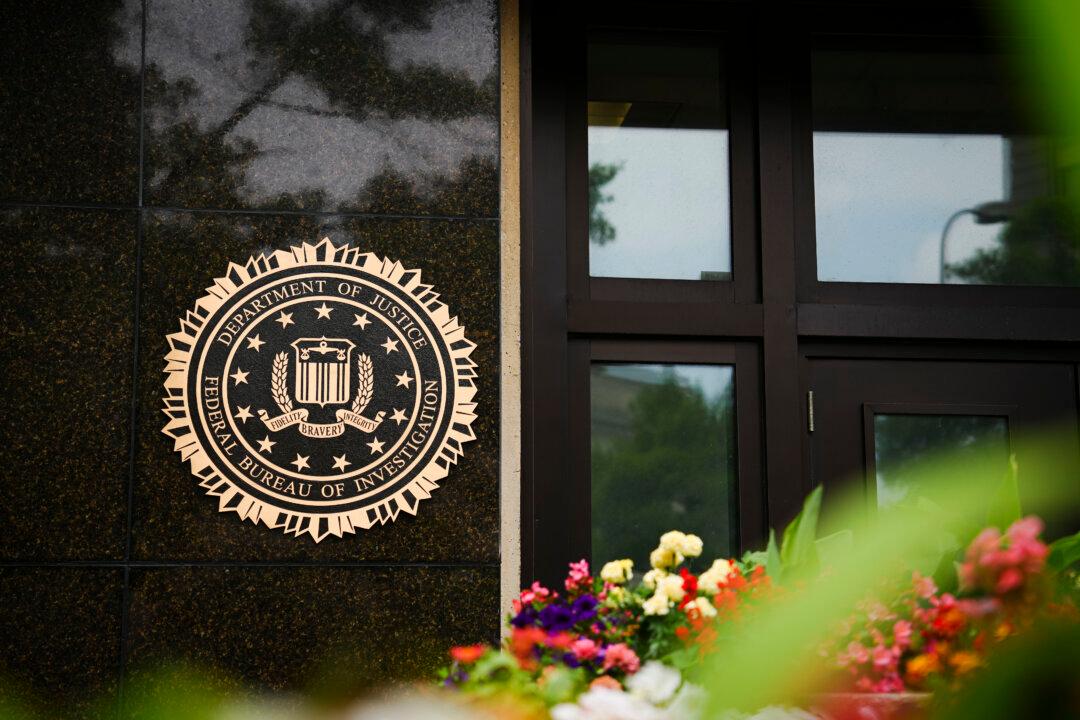The President’s Intelligence Advisory Board (PIAB) has unanimously recommended the reauthorization of a controversial section of the Foreign Intelligence Surveillance Act (FISA) despite the FBI’s flagrant misuse of the program to target U.S. citizens.
In a report (pdf) released on July 31, the PIAB recommended more than a dozen reforms to improve the public’s perception of FISA Section 702, a controversial program that authorizes the warrantless surveillance of non-U.S. citizens who are believed to be abroad, although the communications of U.S. citizens are often swept up in the mix.





